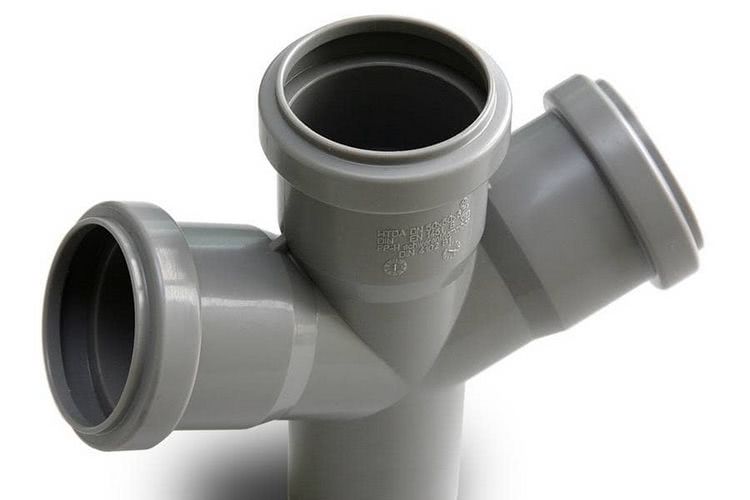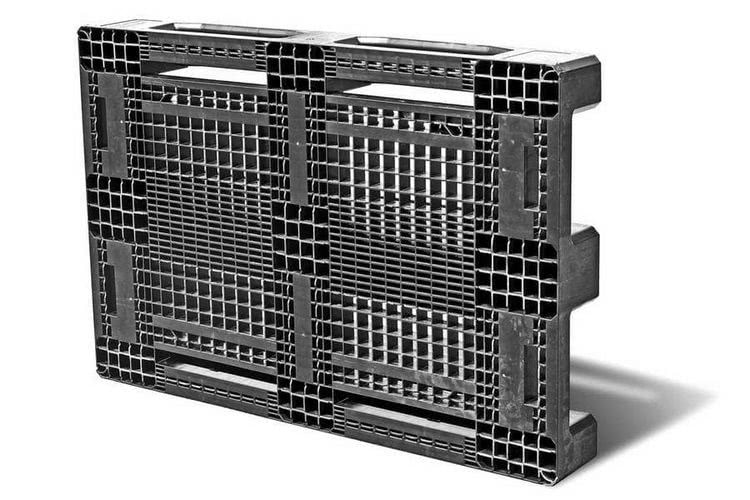Construction: compact solutions for voluminous moulds
In the construction industry, it is mainly fittings which are produced in large quantities and place high demands on suppliers. As a rule, fitting production requires a large number of core-pulls and slide valves, thus leading to particularly large moulds. To avoid the size of the injection moulding machine being determined by the mould volume, and instead by the clamping force required for the injection moulding process, increasing numbers of fitting manufacturers are opting for tie-bar-less Engel victory machines. Because there are no tie bars in the way, the mould mounting platens can be fully used up to their very edges. In this way, large moulds fit on comparatively small machines, which keeps investment costs low and saves a huge amount of energy over the entire production period. The Engel ecodrive servo-hydraulic system, which is part of the the victory series' standard scope of supply, makes a further contribution to high energy efficiency.Further advantages of the tie-bar-less clamping unit are faster set-up processes and more efficient automation, as the robots move close to the clamping unit and can reach the cavities without needing to work around the interfering edges. The trend towards integrating work steps downstream of the injection moulding process is leading to a further increase in the degree of automation. In the manufacture of fittings, for example, Engel viper linear robots automatically place seals in the component.

In the construction industry, it is mainly fittings which are produced in large quantities and place high demands on suppliers.
Logistics: reliable processing of recycled materials
The trend towards greater sustainability is particularly evident in the area of logistics. Companies in the Middle East would like to completely do without wooden pallets in the long term. Plastic pallets do not require environmentally hazardous chemicals such as pesticides and fungicides and are lighter, while offering greater stability and rigidity, making them ideal for air freight. In addition, they are neither hygroscopic nor flammable and do not splinter. "Pallets are increasingly being produced from recycled packaging waste," says Leitner, describing an important milestone. "The circular economy trend is leading to more and more high-quality applications being developed for recycled materials, which we support as machine manufacturer and system solution provider." With their very powerful plasticising units, compact, dual-platen, large-scale machines by Engel duo series are optimally equipped for processing recycled material.To achieve full automation even for larger dimensions, Engel offers its viper robots with a nominal payload capacity of up to 120 kg. With a mould take-off stroke of 3000 mm and a reach of 3550 mm, the Engel viper 120 is expanding the horizon of linear robotics.

The trend is towards sustainable plastic pallets. In this market segment, Engel supplies duo injection moulding machines in a compact double-platen design.




